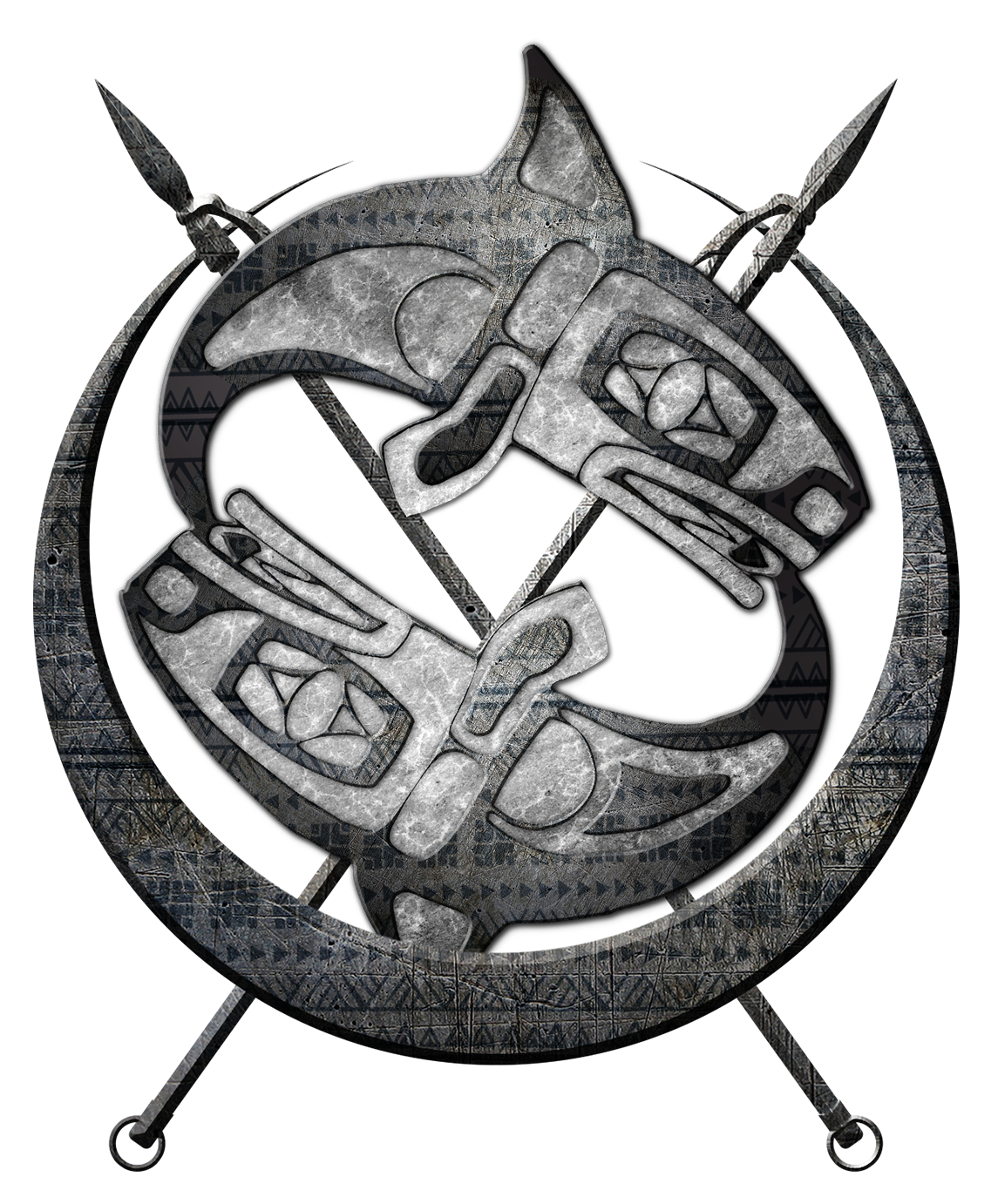Difference between revisions of "Yivri"
m (Bot updated 1426903965) |
m (Bot updated 1426964487) |
||
| Line 1: | Line 1: | ||
| + | [[Category:Yivri]] | ||
| + | |||
The ''Yivri'' were a group of distinct peoples with different languages and usually different rulers, but who shared many elements of their culture and society, and were often allied with each other in conflicts against non-Yivri. Since the Yivri were not united under a single rule for most of their history, it isn't normally accurate to speak of the "Yivri nation", but rather the ''Yivrian cultural region'' or the ''Yivrian alliance''. The region where the Yivri lived is known as ''Yivras''. | The ''Yivri'' were a group of distinct peoples with different languages and usually different rulers, but who shared many elements of their culture and society, and were often allied with each other in conflicts against non-Yivri. Since the Yivri were not united under a single rule for most of their history, it isn't normally accurate to speak of the "Yivri nation", but rather the ''Yivrian cultural region'' or the ''Yivrian alliance''. The region where the Yivri lived is known as ''Yivras''. | ||
Revision as of 11:02, 21 March 2015
The Yivri were a group of distinct peoples with different languages and usually different rulers, but who shared many elements of their culture and society, and were often allied with each other in conflicts against non-Yivri. Since the Yivri were not united under a single rule for most of their history, it isn't normally accurate to speak of the "Yivri nation", but rather the Yivrian cultural region or the Yivrian alliance. The region where the Yivri lived is known as Yivras.
The Yivri are a "slow people" with lifespans that typically ran to about 300 years, but which could occasionally live to be 400.
Peoples of the Yivri
There were four major languages spoken within Yivras, corresponding to the four peoples with their own subcultures within the Yivrian super-culture:
- The Prasei, who spoke Praseo. The Prasei were centered on the city of Prasa, the Prasa River valley, and the south shore of the White Mouth Bay.
- The Yivriindi who spoke Yivriindil, commonly known simply as Yivrian. The Yivriindi were centered on the city of Kendilar and the central lowlands of Yivras.
- The Tsingani who spoke Tsingrizhil. The Tsingani were centered on the city of Anami (the largest city in Yivras) and the drainage of the Tsingris River from the delta to the boundaries of Vanavar.
- The Hiksilipsi, whose language was also known as Hiksilipsi. The Hiksilipsi dominated the region of Vanavar at the feet of Azatsi's Spine, but as the religious specialists of the Yivri they were found in significant numbers throughout Yivras, usually in small groups attached to villages and towns.
The Yivrian, Praseo, and Tsingrizhil languages were all closely related and diverged no more than 2,000 years before the settlement of Yivras. The Hiksilipsi language, on the other hand, is not closely related to any of the other languages, and has a number of extremely unusual typological features. This accords with the oral traditions of the Yivri stating that the Hiksilipsi were originally a separate people who were joined with the Yivri during the days of Vanasenar.
Legendary history of the Yivri
According to Yivrian legends, the Yivri originally lived somewhere to the south of their current home. They were led away from there under the leadership of the legendary Vanasenar during the years of the Long Dark traveling in two companies (corresponding to the modern-day Yivriindi and Tsingani) as they attempted to find food and survive the years of darkness. During their years of wandering they joined together with the Hiksilipsi, who agreed to serve Vanasenar and his companions. When the sun returned to the sky, they formed their first permanent settlement at Anami, though later Vanasenar and his sons moved north and founded the city of Kendilar.
As this history suggests, there was a permanent rivalry between Kendilar and Anami for the position of the foremost city of the Yivri. The Kenda of Kendilar claimed direct descent from Vanasenar, giving him theoretical primacy over all other lords within Yivras, while the city of Anami and its lords staked their pride on being the oldest and largest city in Yivras.
